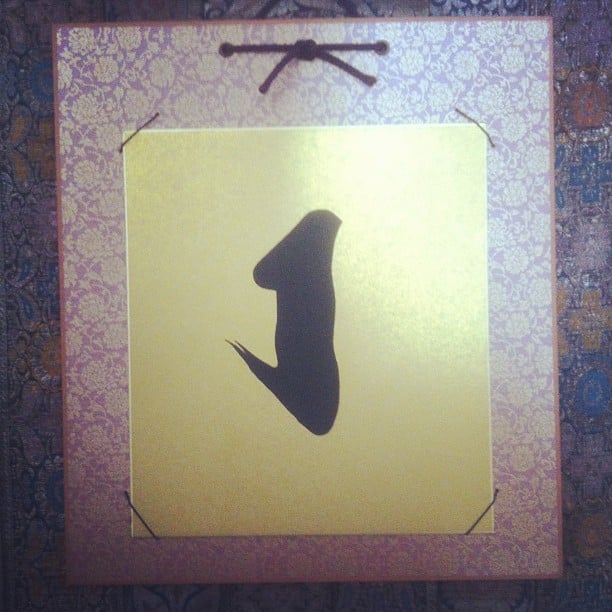Check out some of our best Pema articles:
Pema Chodron: How to do Tonglen, a meditation practice for difficult times.
A Pema Chödrön teaching for when Life Doesn’t make a Damn Bit of Sense.
8 Pema Chödrön Quotes for when Things Really are Falling Apart.
15 Pema Chödrön Quotes that will Bring Peace to Your Heart.
~
And what if our sad heart is a gift of genuinity in a world full of hustle?
Remember: the warrior—a peaceful person who is dedicating her or his life to the benefit of all—should always be a little broken-hearted.
Broken-heartedness is not something that we are trying to get away from. We want to be broken-hearted all the time, because that leads to empathy. And empathy leads to catharsis. And catharsis leads to joy—genuine joy. Joy is another way of saying love.
We cannot experience genuine joy or love if our heart is not open. ~ Waylon, ed.
The greatest lover of your life is your heart, which we all share.
Make friends with it! I highly personally recommend a spot of Pema Chodron for a broken heart.
Excerpted from the chapter “The Love That Will Not Die,” from When Things Fall Apart by Pema Chodron.
The genuine heart of sadness.
“There comes a time when the bubble of ego is popped and you can’t get the ground back for an extended period of time. Those times, when you absolutely cannot get it back together, are the most rich and powerful times in our lives.” ~ Pema Chodron
In the midst of loneliness, in the midst of fear. In the middle of feeling misunderstood and rejected is the heartbeat of all things…
…the genuine heart of sadness.
Just as a jewel that has been buried in the Earth for a million years is not discolored or harmed, in the same way this noble heart is not affected by all of our kicking and screaming. The jewel can be brought out into the light at any time and it will glow as brilliantly as if nothing had ever happened.
No matter how committed we are to unkindness, selfishness or greed, the genuine heart of bodhicitta [wakeful human nature] cannot be lost. It is here in all that lives, never marred and completely whole.
We think that by protecting ourselves from suffering, we are being kind to ourselves. The truth is we only become more fearful, more hardened and more alienated. We experience ourselves as being separate from the whole. This separateness becomes like a prison for us—a prison that restricts us to our personal hopes and fears, and to caring only for the people nearest to us.
Curiously enough, if we primarily try to shield ourselves from discomfort, we suffer. Yet, when we don’t close off, when we let our hearts break, we discover our kinship with all beings.
His Holiness The Dalai Lama describes two kind of selfish people—the wise and the unwise. Unwise selfish people only think of themselves—and the result is confusion and pain. Wise selfish people know that the best thing they can do for themselves is to be there for others. As a result, they experience joy.
When we see a woman and her child begging on the street, when we see a man mercilessly beating his terrified dog, when we see a teenager who has been badly beaten, or see fear in the eyes of a child…do we turn away because we can’t bear it? Most of us probably do.
Someone needs to encourage us not to brush aside what we feel. Not to be ashamed of the love and grief that it arouses in us. Not to be afraid of pain.
Someone needs to encourage us: that this soft spot in us could be awakened, and that to do this would change our lives.
The practices of Tonglen, sending and receiving, is designed to awaken bodhicitta. To put us in touch with genuine noble heart. It is a practice of taking in pain, and sending out pleasure, and therefore completely turns around our well-established habit of doing just the opposite.
Tonglen is a practice of creating space. Ventilating the atmosphere of our lives, so that people can breathe freely and relax. Whenever we encounter suffering in any form, the Tonglen instruction is to breathe it in with the wish that everyone could be free of pain. Whenever we encounter happiness in any form, the instruction is to breathe it out, send it out with the wish that everyone could feel joy.
It is a practice that allows people to feel less burdened and less cramped, a practice that shows us how to love without conditions.
Here’s how to tonglen.
Get our Maitri course here, and walk this path to making friends with yourself.
 Share on bsky
Share on bsky


Read 47 comments and reply